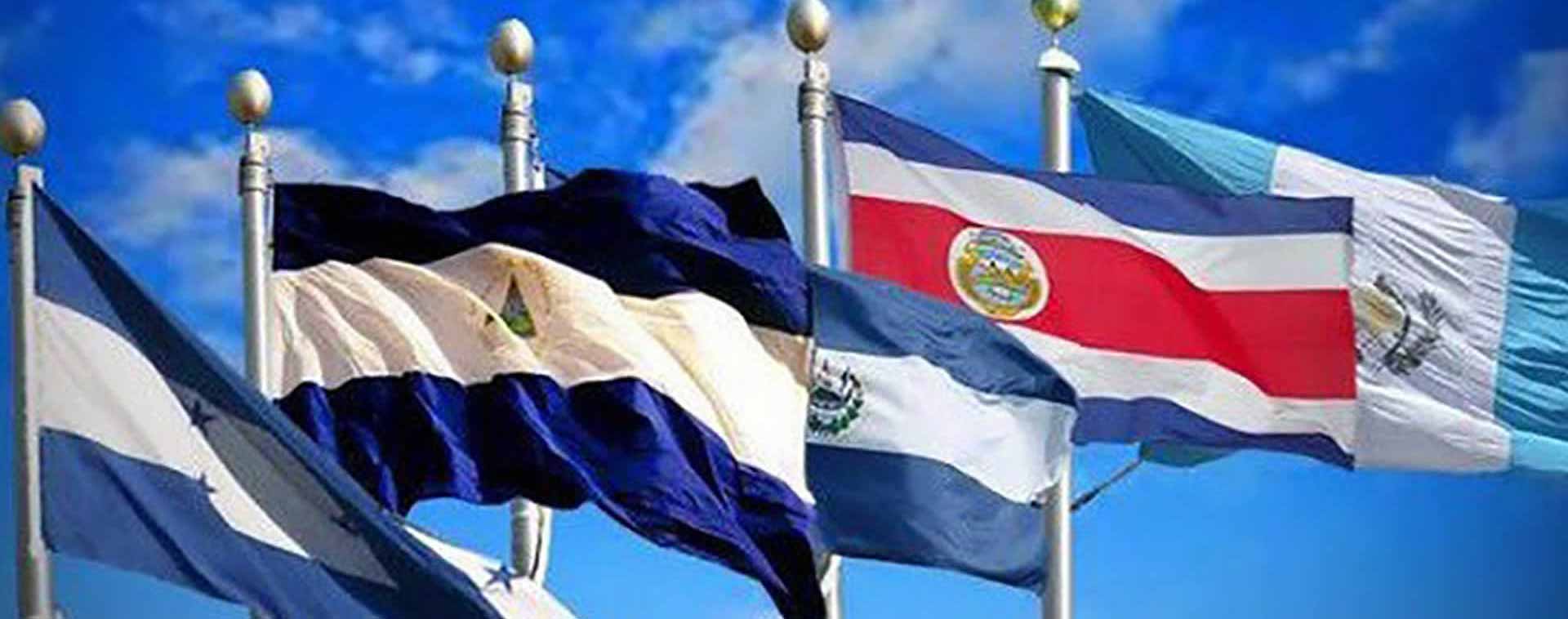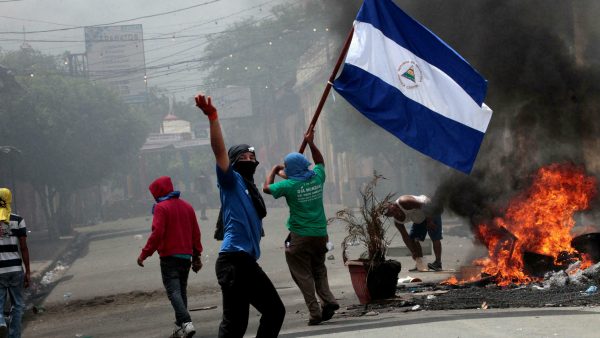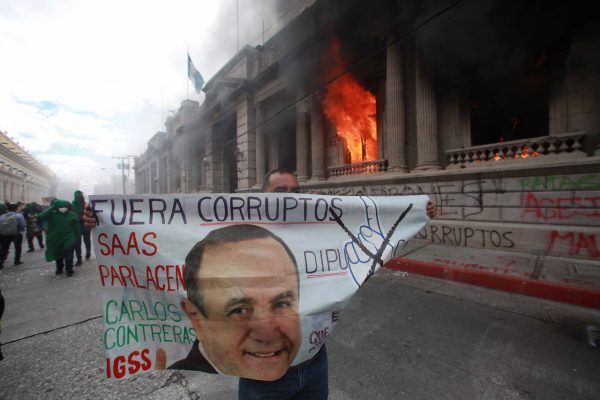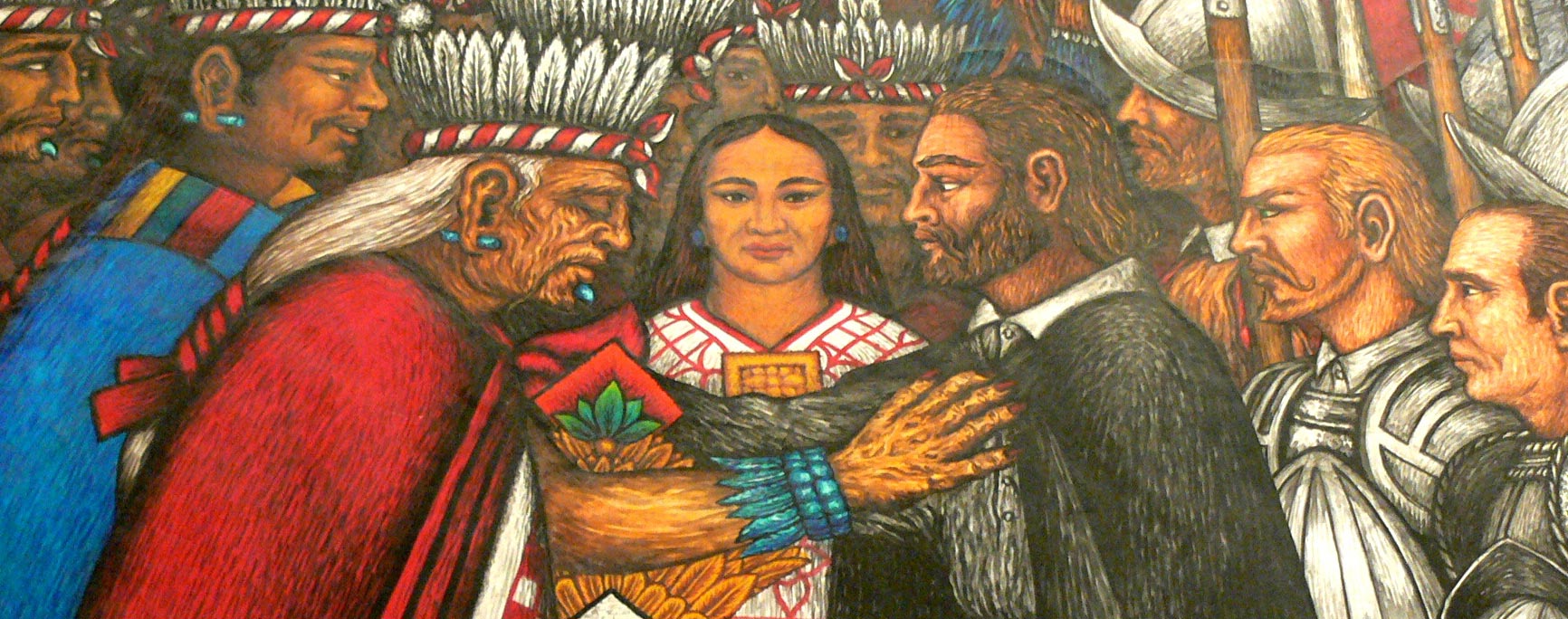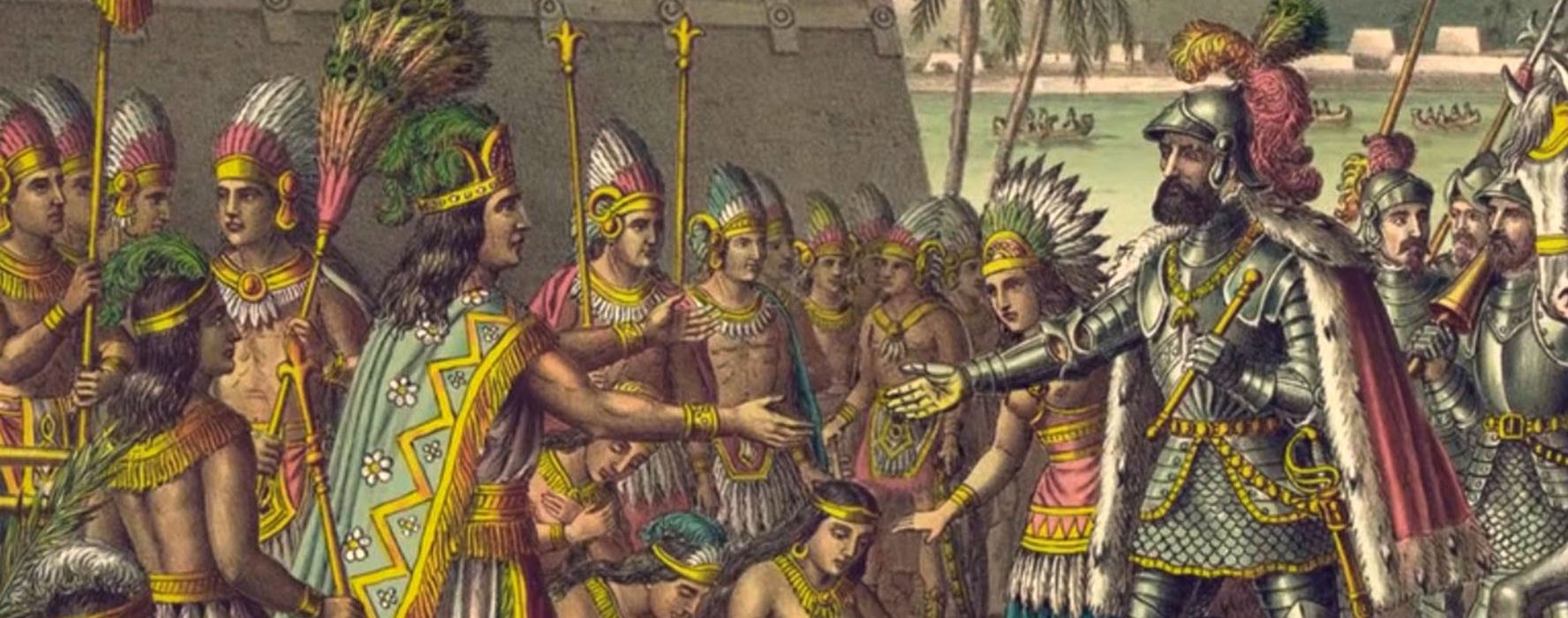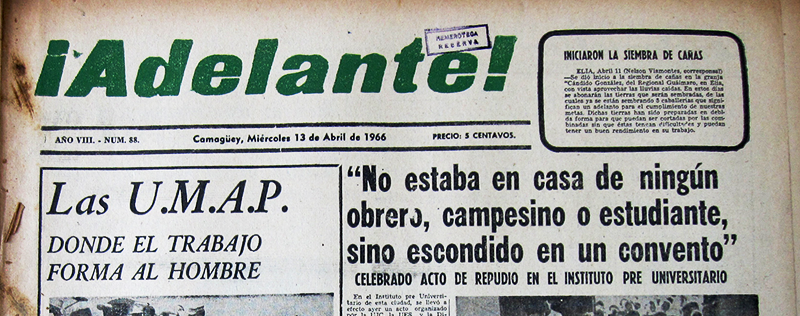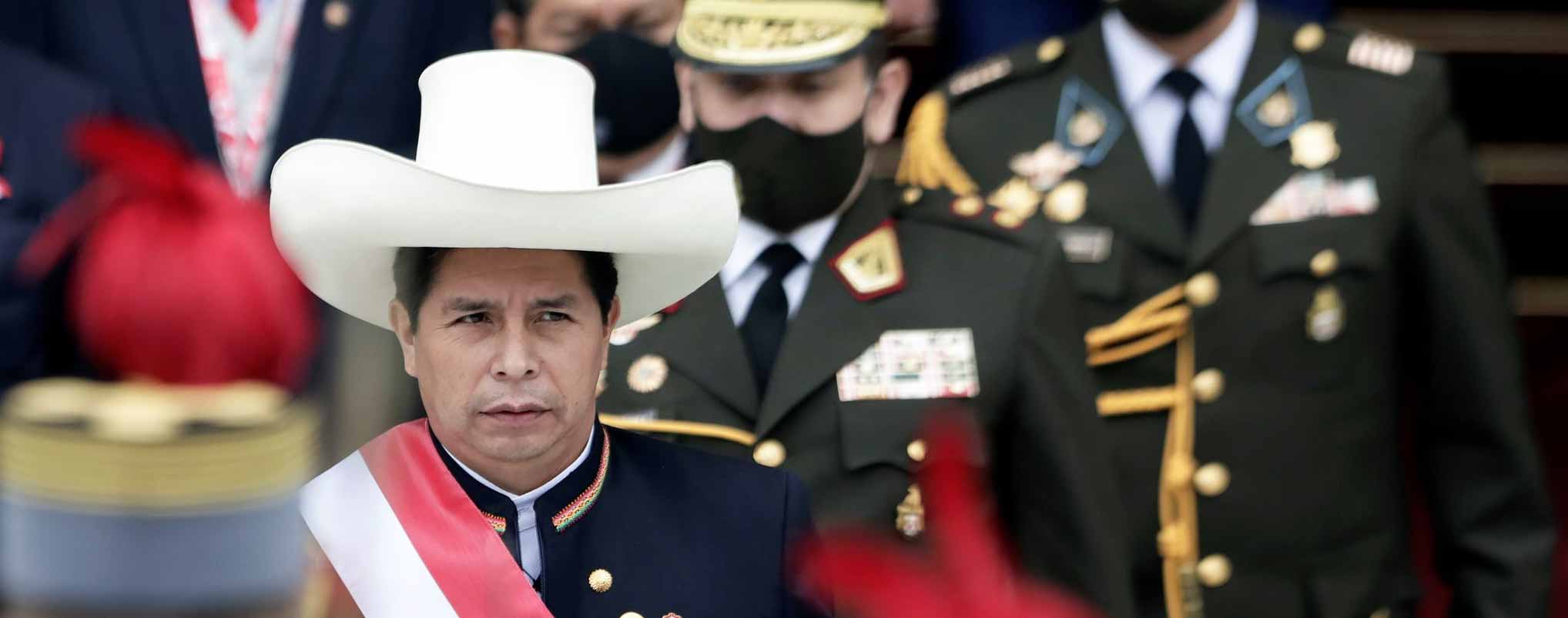Source:hdavila.com
“It had taken many years of suffering and misery to conquer the privileges of solitude” – Gabriel García Márquez, One Hundred Years of Solitude
Ihad thought of titling this article “two hundred years of solitude”, but I would have made a mistake, because it has not been two centuries of isolation, but of slavery.
On 15 September 1821, the emancipation of the five provinces of what was the Captaincy General of Guatemala or Guatimala was proclaimed, and the Hispanic heritage has still not been erased because it circulates in our veins and is part of our DNA.
Two centuries have passed since a handful of revolutionaries, using violence, set up regimes of terror and civil wars in search of an alleged self-determination to set the course of whatever they pleased. Two hundred years later, there is not a single Spanish-American state or country that even equals the wealth of today’s Spain. Time is for truths, and those of us who take advantage of these dates to scrutinise history have already reached the truth. Two hundred years of slavery.
It would seem untrue, but two hundred years later we would be enjoying a better standard of living if we were still part of Spain. Although this statement is very easy to prove, it is very difficult to accept for those who still keep alive the myth of the founding of the Republic and democracy.
Independence to become the slaves of a native elite
The first years of republican life, not only for the five small provinces of Central America but also for the rest of the Spanish American world, gave rise to the emergence of a tiny political and “business” elite that embraced the mercantilist ideas of the Anglo-Saxon Protestant world like no one else. The result was a throbbing network of privileges and abuses which, far from being diluted in democracy, turned into wormholes, causing slavery to be imposed in full view and with the patience of men who claim to be thinkers and defenders of freedom.
 Thus, for example, it is clear that the first inhabitants of the newly created national states possessed more freedom than we possess today. Although for those years it was freedom without the means to subjugate others, today the elites impose themselves in plain sight and patience, under the myths of institutions that once were, but no longer are.
Thus, for example, it is clear that the first inhabitants of the newly created national states possessed more freedom than we possess today. Although for those years it was freedom without the means to subjugate others, today the elites impose themselves in plain sight and patience, under the myths of institutions that once were, but no longer are.
Democratic fundamentalism is one of the most effective tools of the elites of today’s civilised world in Hispanic America and much of the West. Under the defence of democracy, a minority is allowed to impose robbery and slavery on the majority.
There is, for example, in these two centuries following the independence, an imposition of milking the worker and the non-worker by absolutely all means, and when something new emerges, then the elite appears imposing new servitudes through the law with the rhetoric that “we must legislate to protect us”. For every law that is created, one or more freedoms die.
I think there is full consensus that when a child is born, he or she is already declared a slave for life to a so-called national state that is nothing more than an elite. That child is condemned to pay direct and indirect taxes, and even when it dies, it will continue to generate links of slavery to its fellow human beings, since they are more than obliged to pay even to allow the crumbling bones to have peace in a holy field. Failure to pay means that the remains are thrown away. This is what democratic fundamentalists call freedom.
Of course, if serfdom is what is imposed, the elite uses tentacles to enslave the people. These tentacles are occupied by individuals, families or small cliques that live under the melodrama of providing services in exchange for money. The elites take it upon themselves to create institutions and organised bodies to subjugate the people; giving privileges that eventually turn into exaggerated guild abuses. In this way, there are always very small sectors of the population that benefit from the policies and live a good standard of living thanks to keeping the machine of slavery that the elites create operational and functioning. In fact, there are people who boast in their ignorance that they feel better off by paying for services that state institutions supposedly provide, but which they never use; health, security and education are three of these sectors where most people feel proud to be part of the slavery network.
Institutions that were once created to stop the abuses of an elite and provide social justice, of which only the memory remains. For example, the so-called Social Security is no longer what we once thought it was. Today it is just a rotten institution that subsists thanks to the abuse of power and the destruction of the lives of those it promised to defend.
Although the state is useful for human beings in a certain way, as it can provide security against the abuses of other individuals, the truth is that at this point in the 21st century, the so-called Platonic democracy is already the world’s largest machinery of slavery and persecution. And this machinery becomes more repressive in societies like most of Hispanic America where the elites have no other way of making a living than through the abuse of power and slavery. If only they ensured a little more economic freedom so that people could decide on their own and in full freedom where, how and when to direct their resources, the shackles would not be so heavy, but at this point that is no longer allowed, unless you are part of the tentacles of slave traders that help the elites maintain the system. Perhaps one of the most blatant examples of this is what is already being done with the monetary system and the circulating currency, where paper money is no longer even tangible, encouraging the use of banks where the elite can do as they please.
This September, let’s see once again how the people, soaked in their own ignorance, repeat the discourse that keeps them in slavery.
Two hundred years of supposed freedom that pushes us to want more solitude, which is where we irremediably march with the advance of the truth given by the years lived in a world that is about to collapse and that may life allow us to see it.
Share this article
On This Day
- 1552 Battle of Bicocca.
- 1565 Miguel López de Legazpi founds Cebu as Villa de San Miguel.
- 1806 María Cristina de Borbón Dos Sicilias was born.
History of Spain
26 August 2020
27 January 2021
Communism: Now and Then
23 December 2022
28 July 2021
